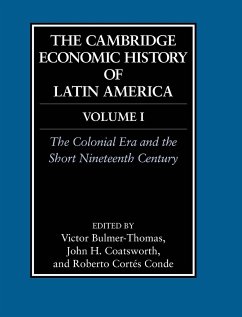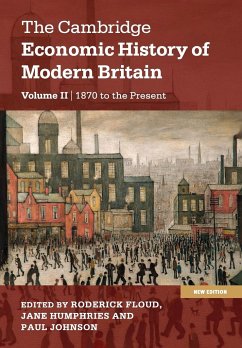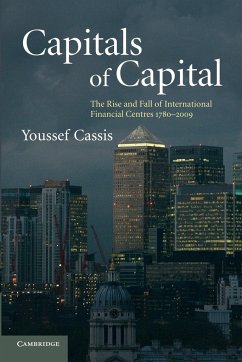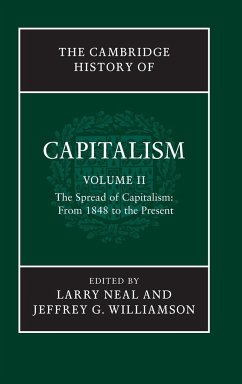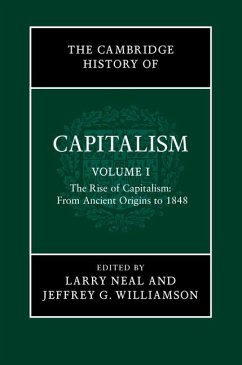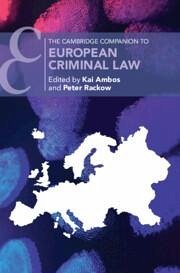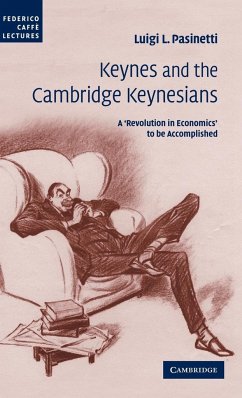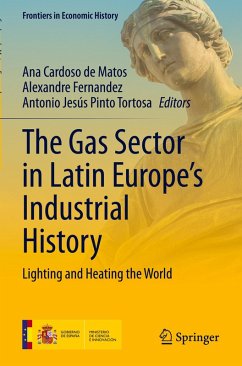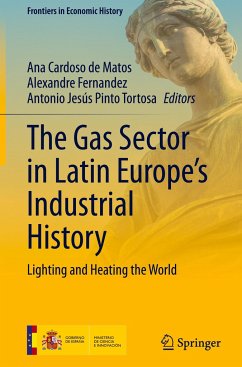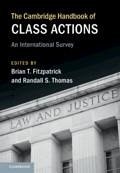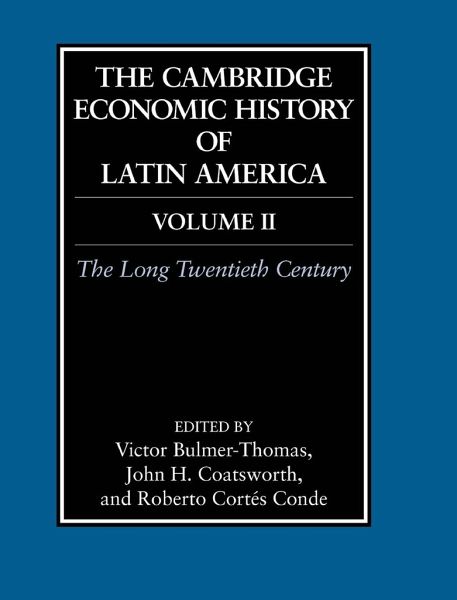
The Cambridge Economic History of Latin America

PAYBACK Punkte
127 °P sammeln!
Volume Two treats the 'long twentieth century' from the onset of modern economic growth to the present. It analyzes the principal dimensions of Latin America's first era of sustained economic growth from the last decades of the nineteenth century to 1930. It explores the era of inward-looking development from the 1930s to the collapse of import-substituting industrialization and the return to strategies of globalization in the 1980s. Finally, it looks at the long term trends in capital flows, agriculture and the environment.





